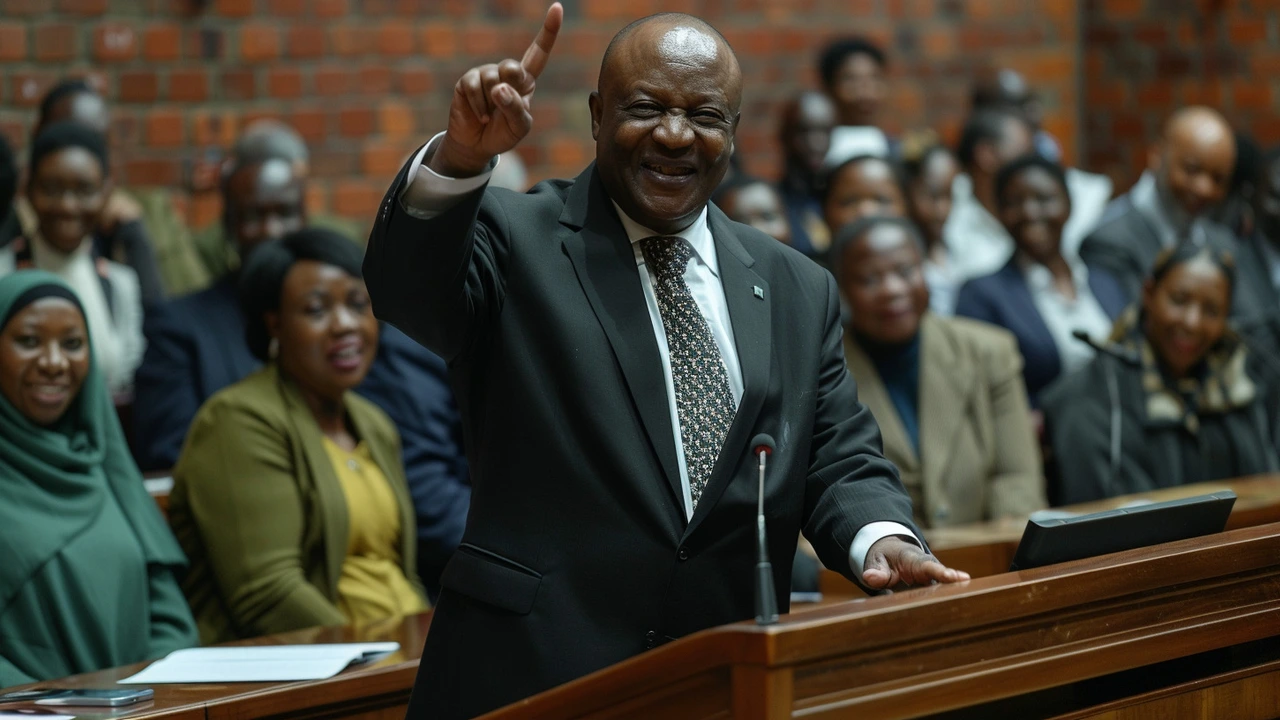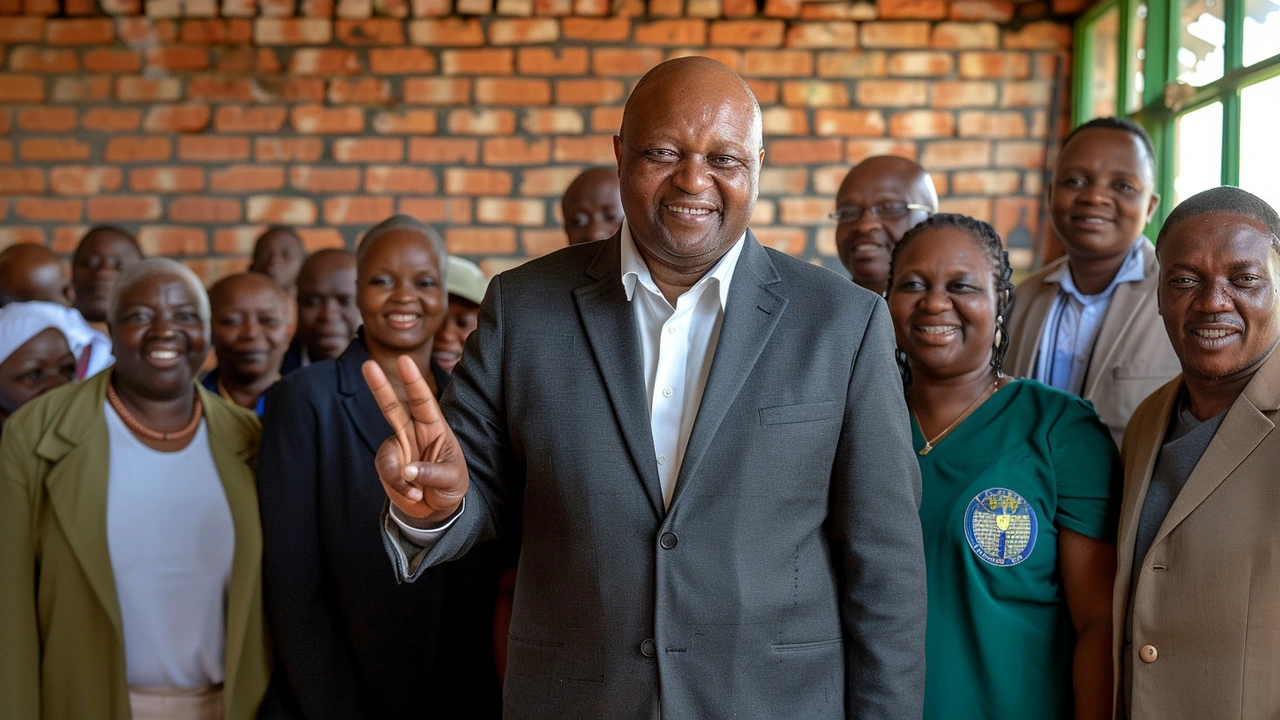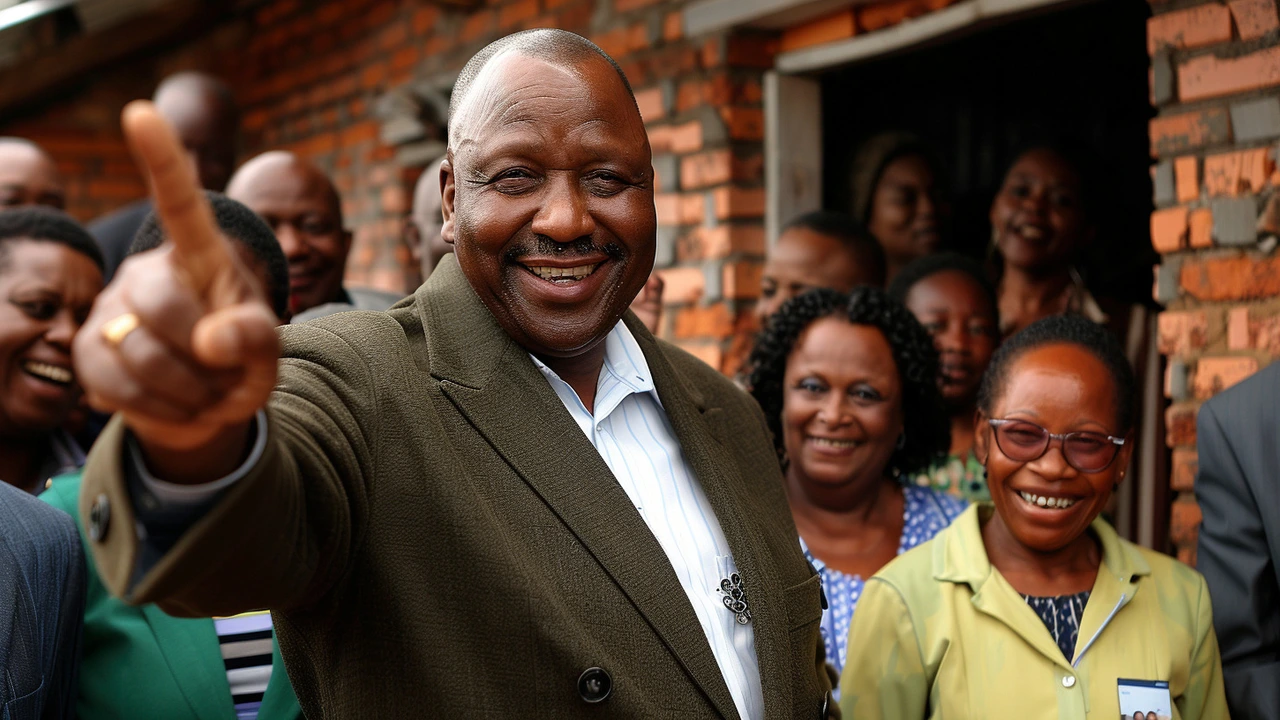Impact of Coalition Government on South Africa's Domestic and Global Policies
5 Jun, 2024Introduction
South Africa is on the brink of a significant political transformation following the latest general elections in which no party captured an outright majority. This development necessitates the formation of a coalition government, a scenario that is stirring both excitement and apprehension among the populace. As the nation waits in anticipation, the potential impacts of this coalition on both domestic and international policies are being closely examined by political analysts and stakeholders alike.
The Election Breakdown
The election results revealed a fragmented political landscape. The African National Congress (ANC), a longstanding dominant force in South African politics, secured 40% of the vote. The Democratic Alliance (DA), emerging as a significant player, garnered around 22%. Other political parties also made notable inroads: the newly formed party led by former president Jacob Zuma, uMkhonto We Sizwe (MK), obtained approximately 15%, while the Economic Freedom Party (EFF) received about 10%. The Inkatha Freedom Party (IFP) captured 4% of the vote, and the Patriotic Alliance managed to secure 2%. These results underscore a diversification in political support that reflects the varying concerns and priorities of South Africans.
Potential Coalitions
The absence of a majority winner brings forth various coalition possibilities, each with its own set of implications. A coalition between the ANC and the DA could potentially usher in a new era of non-racialism and unity. By striking a balance between tackling poverty and addressing economic concerns, this alliance might pave the way for inclusive growth and enhanced social cohesion. Alternatively, the ANC could form alliances with other contenders such as the MK or the EFF. Each option carries unique risks and opportunities. For instance, a coalition with the EFF could result in more radical economic policies, potentially fueling extensive debates and controversies.

Internal Policy Shifts
The coalition government is likely to bring significant shifts in domestic policies. Economic reforms, social justice initiatives, and poverty alleviation measures are expected to be high on the agenda. The ability to achieve consensus on these critical issues will be a true test of the coalition’s cohesiveness and effectiveness. The ANC’s openness to collaboration, as mentioned by its leader Cyril Ramaphosa, signals a readiness to navigate through potential conflicts and strive for common ground.
Economic Policies
One of the main expectations is an economic overhaul aimed at stimulating growth and reducing unemployment. Emphasis on sustainable development, industrialization, and addressing economic disparities would likely be focal points. The cooperation between the ANC and DA could bring about more balanced fiscal policies, combining the ANC’s pro-poor approach with the DA’s market-friendly strategies.
Social Policies
On the social front, education, healthcare, and housing are areas where concerted efforts could yield substantial benefits. Addressing historical inequalities and promoting social justice will be crucial to maintaining public support and fostering long-term stability. Successful implementation of these policies could set a precedent for future governance models in South Africa.
Global Policy Implications
While domestic policies will be the immediate focus, the coalition government’s stance on global issues will also be closely watched. South Africa’s foreign policy is poised to undergo scrutiny, particularly concerning its positions on the Israel-Palestine conflict and the Southern African Development Community (SADC) issues such as the situation in Zimbabwe. The coalition might face internal disagreements on these topics, given the divergent perspectives of the involved parties.
International Relations
South Africa has traditionally played a significant role in international diplomacy, advocating for human rights and global cooperation. The formation of a coalition government could either bolster or disrupt this role, depending on the ability to align internal policies with external expectations. Maintaining a consistent and coherent foreign policy will be essential to uphold South Africa’s standing on the global stage.
Regional Dynamics
As a key player in the African Union and SADC, South Africa’s approach to regional crises and economic partnerships will be pivotal. The coalition’s stance on these matters could influence regional stability and economic integration efforts. Effective management of intra-coalition dynamics and a unified approach to regional issues will be critical in navigating these complex challenges.

Conclusion
In summary, the formation of a coalition government in South Africa marks a transformative moment in the nation’s political landscape. The interplay of various political forces within the coalition will shape the future trajectory of the country’s policies, both internally and globally. While the potential for progress and positive change is immense, the challenges of maintaining unity and coherence cannot be underestimated. The coming months will be crucial in determining the success and sustainability of this coalition experiment, with the eyes of both South Africans and the international community keenly focused on the unfolding developments.

 by
by